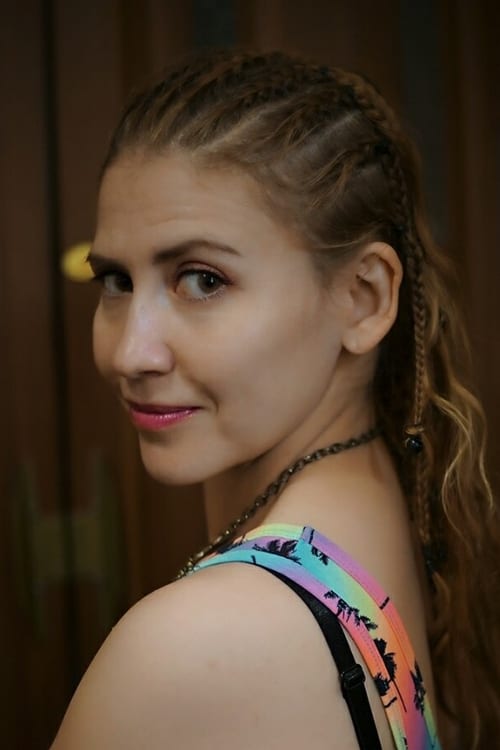La Trifulca III. Five Billion Dollar. A Trilogy (2019)
Trifulca Trillogy
ジャンル : ドキュメンタリー
上映時間 : 3分
演出 : Arturo Pulido
シノプシス
On the brink of social collapse, the city of Los Angeles California is full of protests in favor of immigrants and against deportations under the administration of Trump. On the border with Mexico, thousands of people try to cross every day.
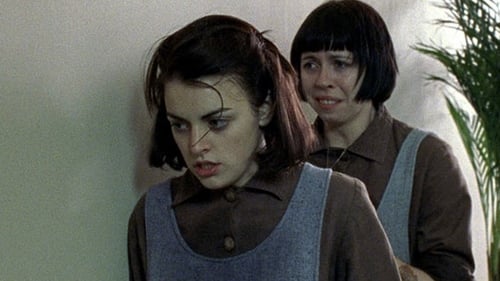
1964年、アイルランド、ダブリン。マグダレン修道院に、時を同じくして3人の少女が収容される。孤児バーナデットはその美しさで周囲の少年たちの目を惹きつけてしまうことが、マーガレットは従兄弟にレイプされたことが、そしてローズは未婚のまま赤ん坊を産んだことがそれぞれ“罪”とされたのだった。彼女たちは、修道院を管理する修道女たちに性悪女と決めつけられ、祈りと労働によって神に奉仕し“罪”を悔い改めるよう言われるのだった。しかしそこで彼女たちを待っていたのは、過酷な労働と自由の一切ない刑務所以上に非人間的な環境だった。

A portrait of the hacking community. In an effort to challenge preconceived notions and media-driven stereotypes Hackers Are People Too lets hackers speak for themselves and introduce their community to the public.
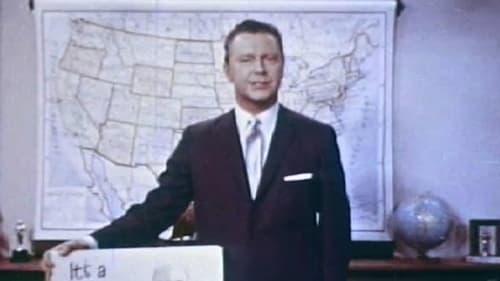
A documentary on the expletive's origin, why it offends some people so deeply, and what can be gained from its use.
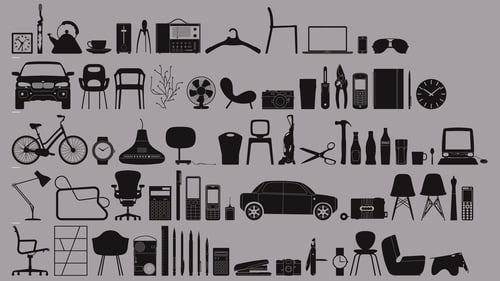
A feature-length documentary about our complex relationship with manufactured objects and, by extension, the people who design them.

Inspired by a true story, this drama is set in 1965, not long after passage of the Civil Rights Act. Despite the Act, the African-American citizens of Bogalusa are still treated like third-class citizens, their fundamental rights as human beings persistently trampled by the white power structure, in general, and the local branch of the KKK. The story follows the formation of local black men, particularly ex-war veterans who after the struggles become too overbearing organizes the group, "Deacons for defense", an all-black defense group dedicated to patrolling the black section of town and protecting its residents from the more violent aspects of "white backlash."

Journalist Fabian Burstein looks behind the curtains of the porn industry. Starting in Budapest he heads westwards to explore a new world on its victory march rooted deeply in Austria. On this journey he meets the heroes and leading actors of this story: Austrians Mick Blue, Renee Pornero and Thomas Janisch. Porno Unplugged follows its native porn stars to where their lives happen. From east to west...
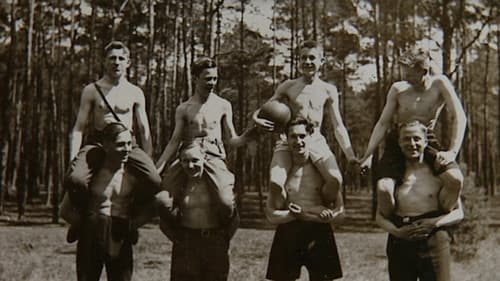
During the Nazi regime, there was widespread persecution of homosexual men, which started in 1871 with the Paragraph 175 of the German Penal Code. Thousands were murdered in concentration camps. This powerful and disturbing documentary, narrated by Rupert Everett, presents for the first time the largely untold testimonies of some of those who survived.
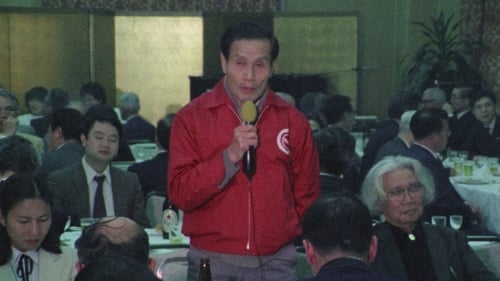
神戸市で妻とバッテリー商を営む奥崎謙三は、自らを「神軍平等兵」と名乗り、「神軍」の旗たなびく車に乗って日本列島を疾駆する。ある日、自身がかつて所属していた独立工兵第36連隊で、終戦後23日も経ってから敵前逃亡の罪で2人の兵士が処刑されていたことを知った奥崎は、その遺族らとともに真相究明に乗り出す。時には暴力も辞さない奥崎の執拗な追及により、元兵士たちの口から事件の驚くべき真実と戦争の実態が明かされていく。
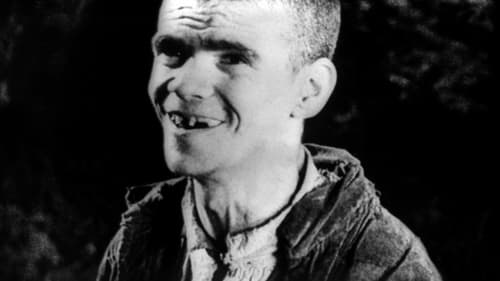
An exploration —manipulated and staged— of life in Las Hurdes, in the province of Cáceres, in Extremadura, Spain, as it was in 1932. Insalubrity, misery and lack of opportunities provoke the emigration of young people and the solitude of those who remain in the desolation of one of the poorest and least developed Spanish regions at that time. (Silent short, voiced in 1937 and 1996.)


Set during the second Intifada, this documentary follows four Palestinian families living in Dheisheh Refugee Camp near Bethlehem. Fadi is 13 and cares for his 4 younger brothers, the Hammashes are a close-knit family who pass on the lessons of life with humor and passion, Sana is a single woman who endures long commutes to do community work, and Emad and Hanan are a young couple trying to shield their daughter from the harsh realities of the occupation. They talk about their past and discuss the future with humor, sorrow, frustration and hope. Until When paints an intimate in-depth portrait of Palestinian lives today.

WHO KILLED CHEA VICHEA? is a highly charged murder mystery, a political thriller, and a documentary like no other. In 2004, Cambodian union president Chea Vichea was assassinated in broad daylight at a newsstand in Phnom Penh. As international pressure mounted, two men were swiftly arrested and convicted of the crime, each sentenced to twenty years in prison. Filmmaker Bradley Cox’s five-year investigation reveals an elaborate cover-up that reaches the highest echelons of Cambodian society. Winner of a 2011 Peabody Award among many other honors and banned by the Cambodian government, WHO KILLED CHEA VICHEA? uncovers the face of dictatorship behind the mask of democracy.
![Montevideo Today [unpublished fragments]](/assets/images/no-backdrop.png)
Documentary about the political and social reality of Uruguay during the period of 1968-1970. This short is incomplete and composed of a series of fragments. The complete film was taken by the military dictatorship in Uruguay (1973-1985) and is now lost.

Filmed on the 60th anniversary of the republic, this dark-humor documentary delves on the highs and lows of living in North Korea.

Scott Mills travels to Uganda where the death penalty could soon be introduced for being gay. The gay Radio 1 DJ finds out what it's like to live in a society which persecutes people like him and meets those who are leading the hate campaign.

A documentary about the atrocities committed against the Hmong people by the Laos government. Shot by Hmong people with cameras provided to them in 2006, this film provides a unique look into one of the worst, and silent, human rights tragedies of the 21st century.
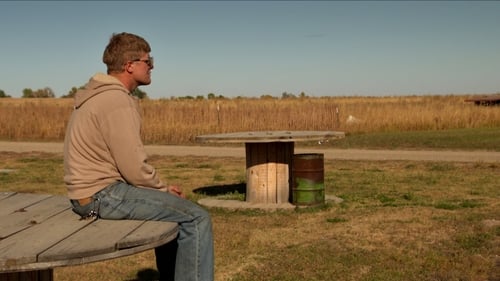
Desperate, broken men chase their dreams and run from their demons in the North Dakota oil fields. A local Pastor's decision to help them has extraordinary and unexpected consequences.

The life of a female weaver is thrown onto the socio-political canvas of pre-war and post-war communist Poland through the use of expressive allegorical and symbolic imagery in this imaginative take on the documentary form.
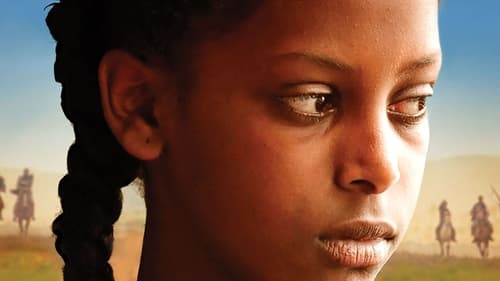
Three hours outside of Addis Ababa, a bright 14-year-old girl is on her way home from school when men on horses swoop in and kidnap her. The brave Hirut grabs a rifle and tries to escape, but ends up shooting her would-be husband. In her village the practice of abduction into marriage is common and one of Ethiopia’s oldest traditions. Meaza Ashenafi, an empowered and tenacious young lawyer, arrives from the city to represent Hirut and argue that she acted in self defense. Meaza boldly embarks on a collision course between enforcing civil authority and abiding by customary law, risking the ongoing work of her women’s legal aid practice to save Hirut’s life.

Throughout the Islamic world, each year hundreds of women are shot, stabbed, strangled or burned to death by male relatives because they are thought to have “dishonoured” their families. They may have lost their virginity, refused an arranged marriage or left an abusive husband. Even if a woman is raped or merely the victim of gossip, she must pay the price. Crimes of Honour documents the terrible reality of femicide – the belief that a girl’s body is the property of the family, and any suggestion of sexual impropriety must be cleansed with her blood. We meet women in hiding from their families, a brother who describes his reasons for killing the sister he loved, and a handful of women who have committed themselves to the protection of young women in danger of losing their lives.


